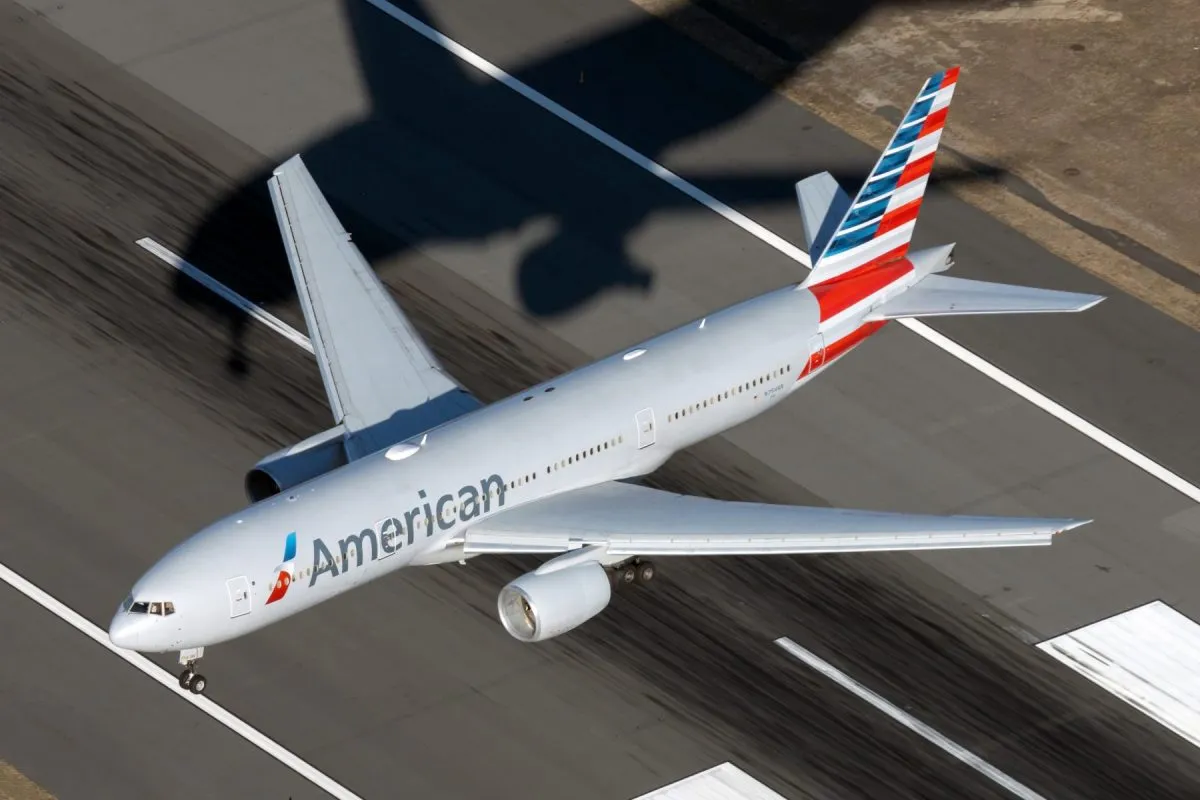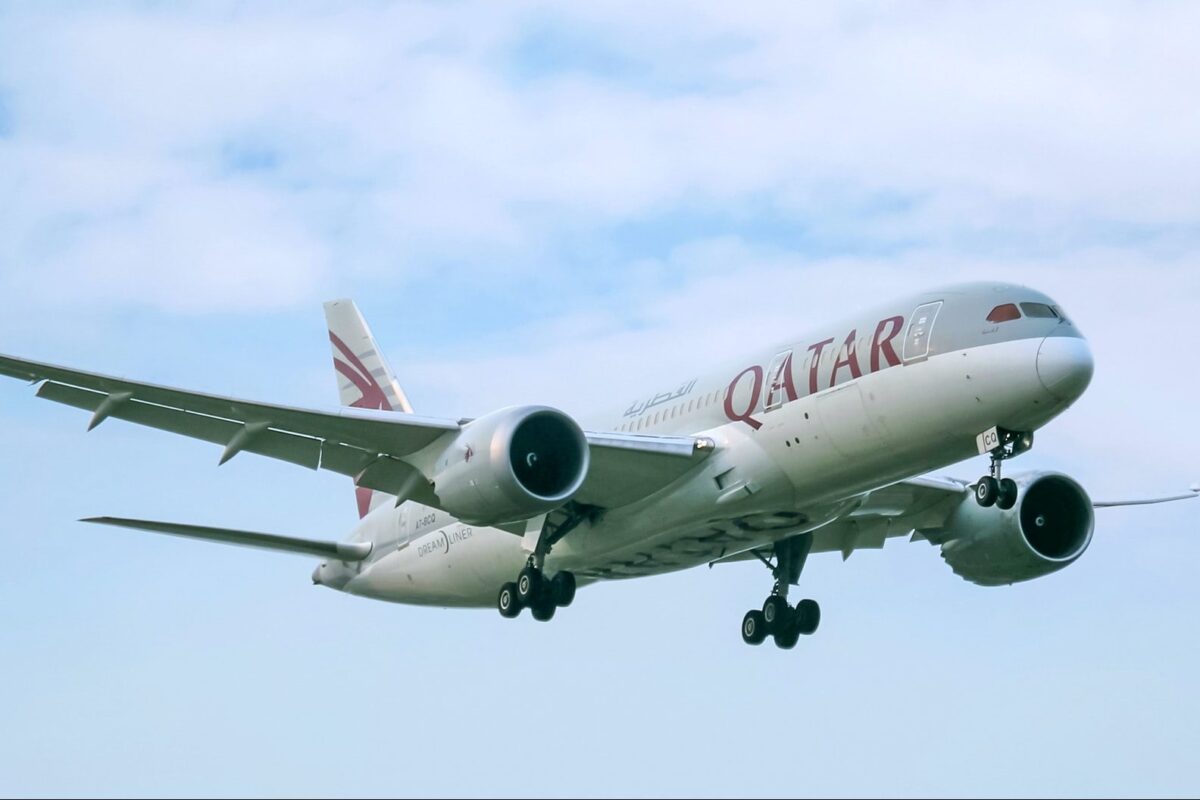Top Business Travel Concerns: Sharing Economy Growth, New Airline Surcharges
Skift Take
Proliferating sharing economy options in accommodations and transportation, as well as the Lufthansa Group's pending implementation of surcharges for bookings made outside its channels are high-priority issues for business travelers, travel agencies, and corporations as representatives began gathering yesterday in Orlando for the Global Business Travel Association meet-up.
Nothing hoists red flags in the corporate travel industry like concerns over duty of care -- ensuring employees get to their destinations and stay there safe and sound before returning -- and the emergence of businesses such as Uber, Lyft, and Airbnb have brought the issue to the fore.
But the popularity of Uber, in particular, among rank-and-file business travelers, both those in managed travel programs and outside of them, have led smaller companies to incorporate sharing economy options into their travel programs although many of the largest travel management companies have been resistant to latching onto the trend.
Business Travelers are Leading Their Companies Into the Future
But that is changing to some degree because business travelers are voting with their feet. The erosion of many companies' travel policies finds business travelers spending on Uber and Airbnb in droves, and corporations and travel management companies don't have much choice in making peace with the trend.
If travel management companies shun the sharing economy then they will merely have less visibility and control over their employees' travel spend.
Travel management company Travel and Transport posted an article here discussing some of the issues, including insurance and surge pricing in transportation, and other things travel agencies and corporations need to consider when using ride-sharing companies.
Lyft and Hotel Tonight Get Concur Treatment
Travel and expense company Concur, now owned by SAP, has been out-front in offering sharing economy solutions, including integrating Airbnb and Uber into its business travel solutions. Today it announced it is integrating Lyft and HotelTonight, too, which will enable business travelers to book Lyft and HotelTonight, and their companies to get visibility into these bookings for reporting, accounting and security needs if the travel agencies and corporations agree to participate.
Concur states it has recently seen a seven-times increase in business travelers expensing Lyft.
All of this occurs as Airbnb, Uber and Lyft have been fine-tuning tools for smaller corporations and business travel agencies that wish to use their services, and have plans to tap into the corporate travel market in a bigger way.
In another sign of the sharing economy going mainstream, Hyatt invested last year in Onefinestay and the two brands have begun to collaborate a bit. Marriott was close to introducing Airbnb stays as a redemption option for Marriott Rewards program members but backed off.
Lufthansa Showdown Looms
Another issue that is high on the priority list for the business travel industry is Lufthansa Group's pending 16 euro surcharge (about $18) for bookings that take place beyond its websites and phone lines.
The move means that large travel management companies would not only see their costs rise for the Lufthansa Group bookings themselves, but also face added technology expenses to create workarounds to ensure they can keep tabs on employee bookings without disrupting agents' workflows.
Lufthansa is fed up with rising costs from global distribution systems, and its decision is a test case to see if the airline-global distribution system framework will shift toward an emphasis on airlines' own channels.
Concur has come up with what it sees as a solution for the Lufthansa Group surcharge, as well. No, Concur can't erase the surcharge but it has partnered with the Lufthansa Group to enable business travelers whose companies are Concur clients to book their flights on Lufthansa Group websites while still getting their corporate-negotiated rates.
"This integration helps companies improve policy compliance and duty of care efforts," Concur states. "Business travelers gain the option to book their corporate negotiated rates directly on LH.com and enjoy the benefit of having their itineraries and expense reports automatically populated in Concur."
The rise of the sharing economy is a trend that won't get put back in the bottle. On the other hand, it is an open question whether Lufthansa Group will be able to stand the heat from global distribution systems such as Amadeus, Sabre and Travelport, and large travel agencies and corporations, all of which oppose the surcharge.
These airline versus business travel battles trace their origins to 2004 when Northwest Airlines tried to impose a surcharge on global distribution system bookings but had to retreat in the face of vehement opposition. Other airlines, such as American, have threatened periodically to drop out of the global distribution systems as they sought to negotiate more advantageous deals.
The Lufthansa battle is far from over. It should heat up before September.





